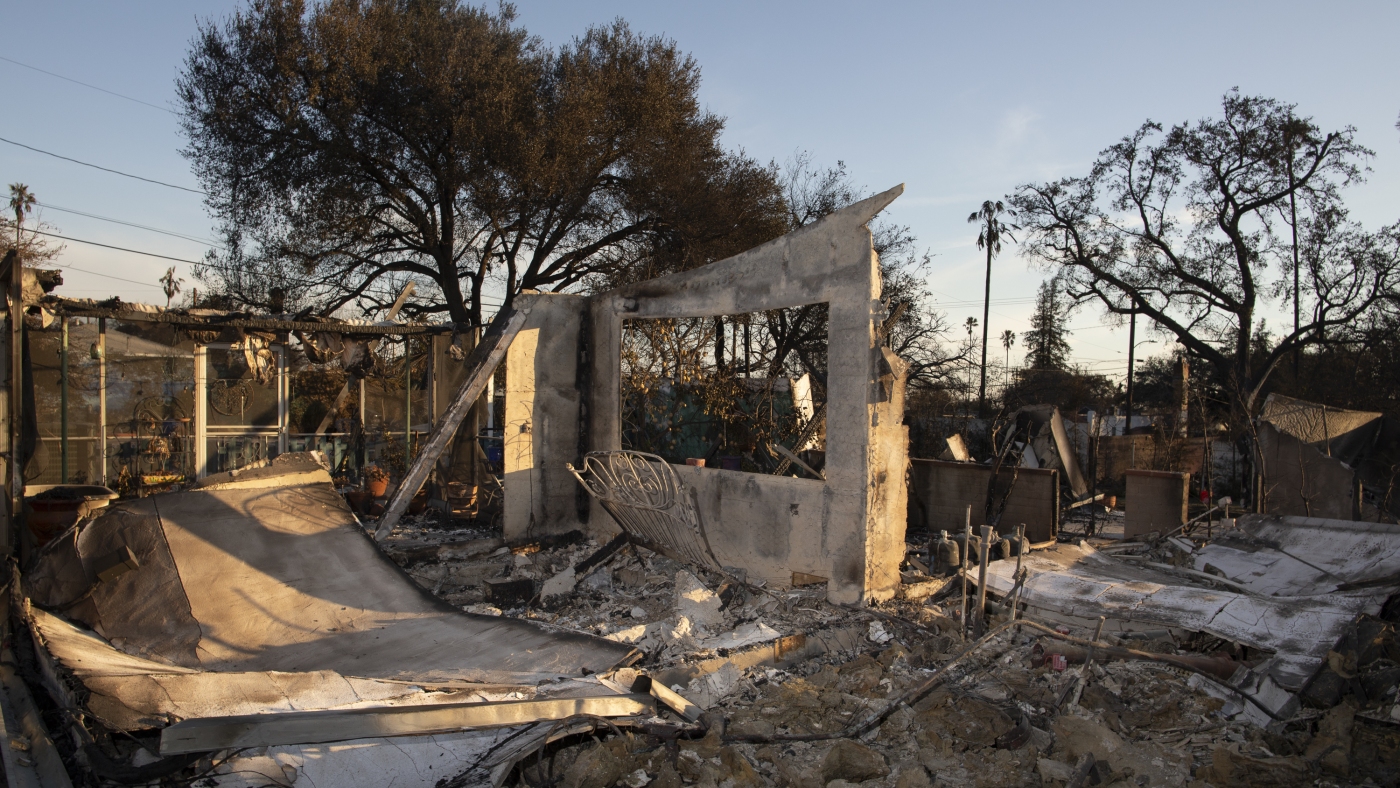Healing Invisible Scars: Mental Health Heroes Emerge in Disaster's Wake

In the wake of recent disasters, from the rolling hills of Altadena to the mountain towns of Asheville, survivors have found comfort and support through a powerful yet accessible approach: Psychological First Aid (PFA). Much like CPR provides immediate physical support, PFA offers critical emotional assistance to those grappling with trauma and uncertainty.
This compassionate intervention isn't reserved for professional counselors or emergency responders. Anyone can learn the skills of Psychological First Aid, making it a democratized form of emotional support that empowers communities to help their own during challenging times. Just as ordinary citizens are trained to perform life-saving physical first aid, people are now discovering they can be emotional first responders.
PFA focuses on creating a sense of safety, connection, and hope for individuals experiencing acute stress. By learning simple techniques of active listening, providing calm reassurance, and helping people feel supported, everyday heroes can make a significant difference in helping others navigate the immediate aftermath of traumatic events.
The beauty of Psychological First Aid lies in its simplicity and accessibility. It's not about being a therapist, but about being a compassionate human who knows how to offer genuine, practical support when people need it most.
